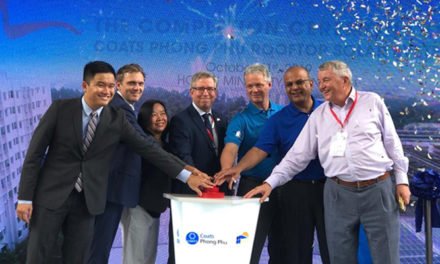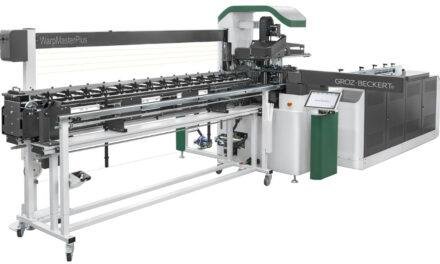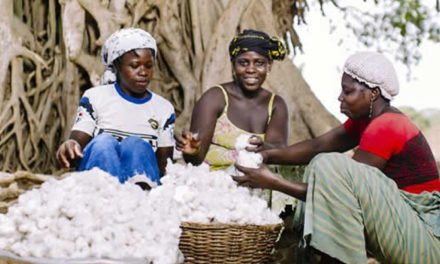 Fashion for Good has launched the Full Circle Textiles Project – Polyester to validate and scale favorable technologies in polyester chemical recycling and to enable financing and off take pledges in the fashion industry. Polyester holds 52 percent of the global fibre market and holds a considerable amount of the 73 percent of textiles that are landfilled or burned annually.
Fashion for Good has launched the Full Circle Textiles Project – Polyester to validate and scale favorable technologies in polyester chemical recycling and to enable financing and off take pledges in the fashion industry. Polyester holds 52 percent of the global fibre market and holds a considerable amount of the 73 percent of textiles that are landfilled or burned annually.
A synthetic fibre emanated from petroleum, polyester does not naturally break down in the environment, and the production of virgin fibres also perpetuates our reliance on fossil fuels. Chemical recycling is a key solution that promises to address the polyester textile waste challenge.
The Full Circle Textiles Project – Polyester brings together a consortium of stakeholders including brands, innovators, supply chain partners and catalytic funders – a structure that has proven successful in driving and scaling disruptive innovation in the industry, Fashion for Good said.
The project, initiated and managed by Fashion for Good is made possible by a large group of Fashion for Good partners, contributing their expertise, financial support and services. These include catalytic funder Laudes Foundation, brand partners Adidas, Bestseller, C&A, PVH Corp., Target and Zalando, and affiliate partners Arvind Limited, Fabrics Division of W. L. Gore & Associates and Teijin Frontier, who have recently joined Fashion for Good.
To attain a clear idea of the innovations best positioned to address the challenges of recycling polyester textiles, Fashion for Good has enlisted promising innovators in polyester chemical recycling from around the world to participate in the project. These include CuRe Technology, Garbo, gr3n and PerPETual who over the course of the 18-month project will be producing chemically recycled polyester for eventual use in fabric and garment production from post-consumer textile waste.
Textile recycling is a crucial lever in driving the fashion industry towards closed-loop production and reducing the environmental impact of textile waste. It also has the potential to eliminate the industry’s dependence on virgin raw materials. Chemical recycling can recycle textile waste into virgin-quality output and can address a wider range of textiles types, providing huge potential to close the loop on textile waste.
The four selected innovators, Circ, EVRNU, Infinited Fiber Company and Renewcell, were able to validate their disruptive technologies and produce garments for brand partners PVH Corp. and Kering Group to their quality specifications. The next phase of the project focuses on scaling these solutions and encourages brands, innovators and supply chain partners to collaborate in creating long-term partnerships, catalyse funding to enable scaling, and leverage industry expertise to further develop and implement these technologies.





















